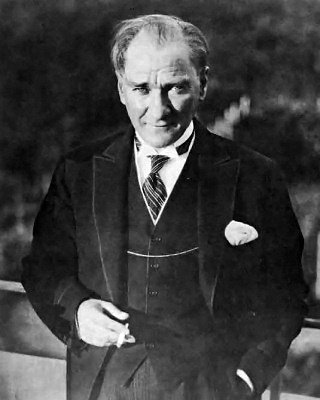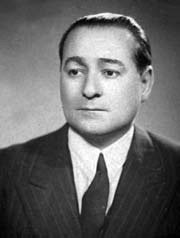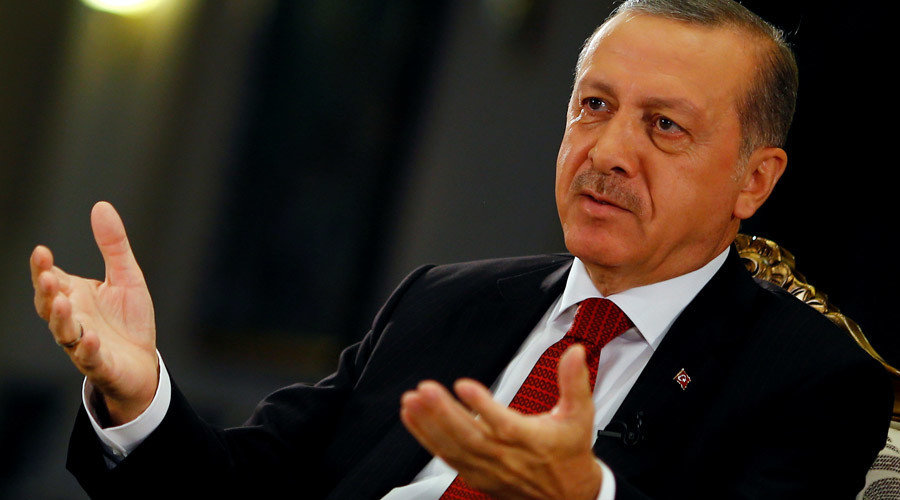International relations of the Middle East
Quiz:
1. Who is Aida Seif al Dawla? What type of work does she specialize in?
2. What were the barriers to the U.S. led reform program in Iraq?
3. What is the link between gender discrimination and torture practices?
4. What is Seif al Dawla's opinion of european funding for civil society organizations in Egypt?
5. Name one reason why Middle Eastern countries feel that UN Human Rights protocols are unsatisfactory for the region.
Human Right's discourses
Inalienable rights that every human being possess at birth
both moral and legal
Yet within MENA there are hurdles to wide acceptance of human rights conventions and Treaties.
- authoritarian regimes
- cultural traditions and practices
- religion
Text

After Ataturk's death, there has been a struggle to keep his values alive
The 'Deep State'
A belief that beyond the trapping of representative democracy, there is a powerful group of individuals who have real political power and enact that power to steer society.
The military is often the source of deep state power brokers.
In 1950, Turkey becomes a multiparty state. Over the remainder of the 20th Century Turkey experienced 7 coup attempts.
Coup #1, 1960: The Menderes government
In 1950 the democratic party successfully won election against the tradition Republican Party
- Allowed banned religious traditions back into public space
- reduced role of the state in the economy
- reforms in rural areas to improve agricultural output
- By the 1960s, Menderes government became increasingly authoritarian

May 27, 1960
The Turkish armed forces arrested President Celal Bayar and PM Adnan Menderes.
- Military expressed the sentiment that they were not interested in control. Government given to civilians in October 1961.
- Coup's motivation was to protect Kemalism
- New constitution created respecting individual rights and secularism
Menderes hung in 1961
Coup #2 Coup by Memoranda
PM Suleyman Demirel
- Post war Turkey saw a doubling of the population as well as an exodus of workers
- The effectiveness of government diminished due to the growth of political parties
- late 1960s saw a wave of popular protests
- The Turkish High Command sent a request to Demirel asking him to step down
- Follow by crackdowns on opposition activists
Coup #3 September 12, 1980
- Turkish High command placed civilian politicians under house arrest
- response to political polarization
- Increasingly, Turks demanded more space for Islam in public life
- Wide spread purges of government bureaucracy and arrested opposition.
- Drafted a new constitution
- President can select PM
- Increased control over the press, Universities and Unions.
- Parties with less than 10% of vote could not enter parliament
Coup #4: The Postmodern Coup February 28, 1997
- The Islamist Welfare party came to power in 1995.
- Military expressed concern about Islamist threat to Kemalisms
- The High command sent the party a list of recommendations
- Prime Minister Necemettin Erbakan steps down and the Islamist Welfare party is banned.
- Recep Erdogan, a member of the Islamist Welfare party goes on to found the Justice and Development Party, AKP
The recommendations from the military included:
- Closed religious schools
- limited Quran courses
- limited forms of religious dress
With the excuse of a 'deep state' Recep Tayyip Erdogan has been able to undercut democracy in Turkey

deck
By cesmit5
deck
- 683



